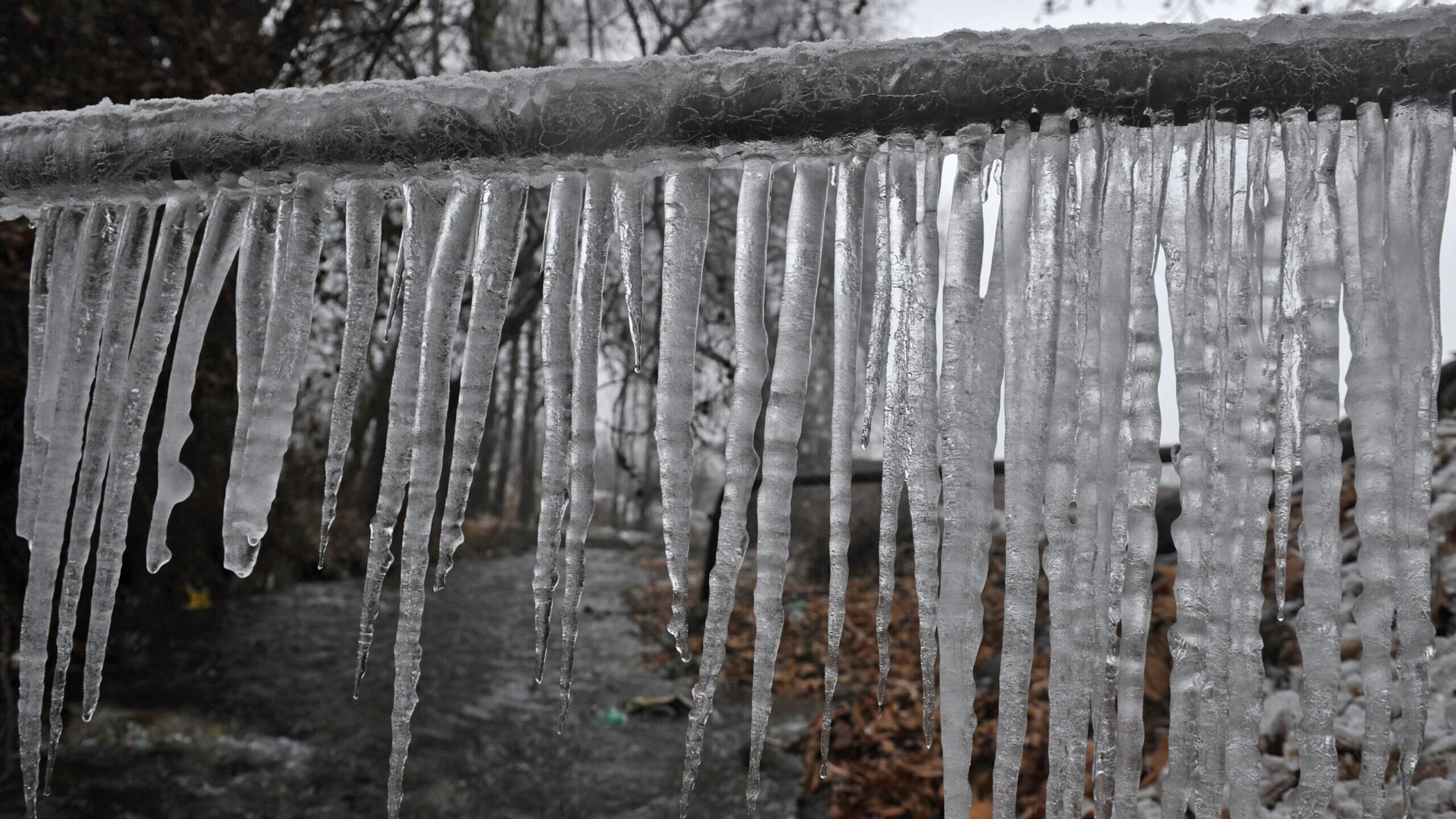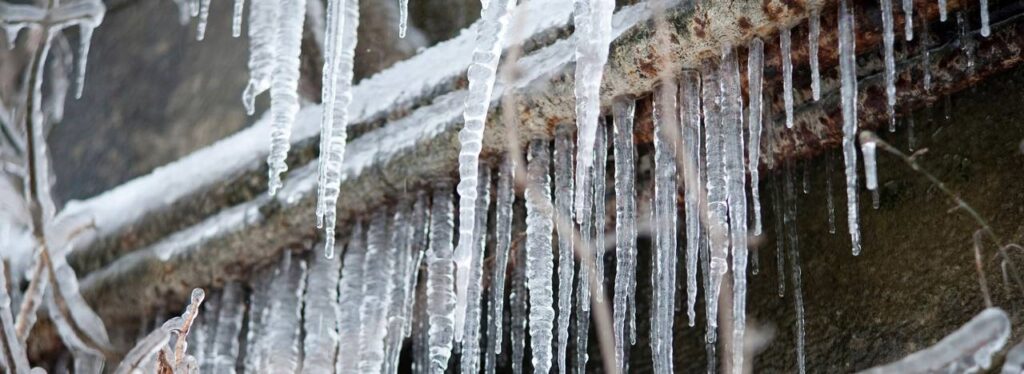Protecting Against Frozen Plumbing in Winter: Pro Tips
Protecting Against Frozen Plumbing in Winter: Pro Tips
Blog Article
Almost everyone has his or her own perception in relation to Preventing and dealing with frozen pipes.

Cold weather can damage your pipes, especially by freezing pipelines. Here's exactly how to stop it from happening and what to do if it does.
Introduction
As temperatures decrease, the danger of icy pipelines rises, possibly bring about pricey repairs and water damage. Understanding how to prevent icy pipelines is critical for home owners in cool environments.
Recognizing Frozen Pipes
What triggers pipelines to ice up?
Pipelines freeze when subjected to temperatures below 32 ° F (0 ° C) for extended periods. As water inside the pipelines freezes, it broadens, taxing the pipe walls and potentially creating them to rupture.
Dangers and damages
Icy pipes can result in water disruptions, residential or commercial property damage, and pricey repair services. Ruptured pipelines can flood homes and cause considerable structural damage.
Signs of Frozen Pipeline
Determining frozen pipes early can prevent them from bursting.
How to identify frozen pipes
Look for lowered water circulation from taps, uncommon odors or noises from pipelines, and noticeable frost on subjected pipes.
Prevention Tips
Insulating at risk pipelines
Wrap pipes in insulation sleeves or make use of warm tape to safeguard them from freezing temperature levels. Concentrate on pipes in unheated or external locations of the home.
Heating strategies
Keep indoor areas sufficiently heated, particularly areas with pipes. Open cupboard doors to allow cozy air to flow around pipes under sinks.
Securing Outside Plumbing
Garden hose pipes and outside faucets
Separate and drain yard tubes prior to winter months. Install frost-proof faucets or cover outdoor faucets with shielded caps.
What to Do If Your Pipes Freeze
Immediate activities to take
If you believe frozen pipes, maintain taps open to eliminate stress as the ice thaws. Make use of a hairdryer or towels soaked in warm water to thaw pipes slowly.
Long-Term Solutions
Structural changes
Consider rerouting pipes far from outside wall surfaces or unheated areas. Include added insulation to attic rooms, cellars, and crawl spaces.
Updating insulation
Purchase top notch insulation for pipes, attics, and wall surfaces. Correct insulation assists maintain regular temperatures and lowers the threat of frozen pipes.
Verdict
Avoiding frozen pipelines requires aggressive procedures and fast responses. By recognizing the reasons, signs, and safety nets, property owners can safeguard their pipes throughout cold weather.
Helpful Tips to Prevent Frozen Pipes this Winter
UNDERSTANDING THE BASICS: WHY PIPES FREEZE AND WHY IT’S A PROBLEM
Water freezing inside pipes is common during the winter months, but understanding why pipes freeze, and the potential problems it can cause is crucial in preventing such incidents. This section will delve into the basics of why pipes freeze and the associated problems that may arise.
THE SCIENCE BEHIND FROZEN PIPES
When water reaches freezing temperatures, it undergoes a physical transformation and solidifies into ice. This expansion of water as it freezes is the primary reason pipes can burst. As the water inside the pipe freezes, it expands, creating immense pressure on the walls. If the pressure becomes too great, the pipe can crack or rupture, leading to leaks and water damage.
FACTORS THAT CONTRIBUTE TO PIPE FREEZING
Low Temperatures: Extremely cold weather, especially below freezing, increases the risk of pipes freezing. Uninsulated or Poorly Insulated Pipes: Pipes located in unheated areas, such as basements, crawl spaces, or attics, are more prone to freezing. Insufficient insulation or lack of insulation altogether exacerbates the problem. Exterior Wall Exposure: Pipes running along exterior walls are susceptible to freezing as they encounter colder temperatures outside. Lack of Heating or Temperature Regulation: Inadequate heating or inconsistent temperature control in your home can contribute to frozen pipes. PROBLEMS CAUSED BY FROZEN PIPES
- Pipe Bursting: As mentioned earlier, the expansion of water as it freezes can cause pipes to burst, resulting in significant water damage.
- Water Damage: When pipes burst, it can lead to flooding and water damage to your property, including walls, ceilings, flooring, and personal belongings.
- Structural Damage: Prolonged exposure to water from burst pipes can compromise the structural integrity of your home, leading to costly repairs.
- Mold and Mildew Growth: Excess moisture from water damage can create a favorable environment for mold and mildew growth, posing health risks to occupants.
- Disrupted Water Supply: Frozen pipes can also result in a complete or partial loss of water supply until the issue is resolved.
WHY CERTAIN PIPES ARE MORE PRONE TO FREEZING
- Location: Pipes located in unheated or poorly insulated areas, such as basements, crawl spaces, attics, or exterior walls, are at higher risk of freezing.
- Exterior Pipes: Outdoor pipes, such as those used for irrigation or exposed plumbing, are particularly vulnerable to freezing as they are directly exposed to the elements.
- Supply Lines: Pipes that carry water from the main water supply into your home, including the main water line, are critical to protect as freezing in these lines can affect your entire plumbing system.
- Underground Pipes: Pipes buried underground, such as those connected to sprinkler systems or outdoor faucets, can be susceptible to freezing if not properly insulated.
https://busybusy.com/blog/helpful-tips-to-prevent-frozen-pipes-this-winter/

I found that piece of writing on 6 Ways to Prevent Frozen Pipes while doing a search on the web. Are you aware of another individual who is inquisitive about the subject? Take a moment to promote it. Thanks a lot for being here. Kindly come by our site back soon.
View More Report this page